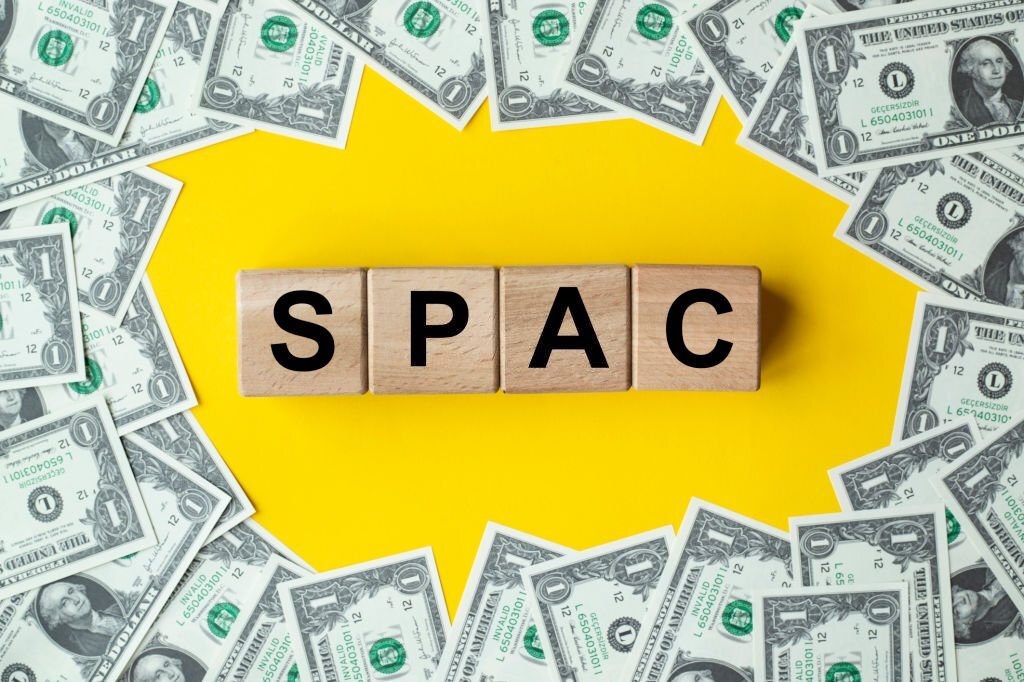Accounting
Great SPAC Crash of 2022 Deepens as Investors Cash Out in Droves
Some SPACs face investor meetings that will give clients a chance to exit ahead of a new tax that could hurt their returns.
Dec. 14, 2022

By Bailey Lipschultz and Lydia Beyoud, Bloomberg News (TNS)
The great SPAC crash is closing out the year in dramatic fashion as more shareholders prepare to cash out of the speculative-investing industry for good.
At least 80 special-purpose acquisition companies, which have raised $24 billion in total, face a wall of investor meetings that will give clients the chance to exit ahead of a new U.S. tax that could hurt their returns. At least 32 SPACs holding roughly $18 billion are looking to close up shop and return capital over the coming 2 1/2 weeks, data compiled by Bloomberg show.
The latest headache for the blank-check industry is a potential 1% excise levy that could hit stock repurchases and buybacks as part of President Joe Biden’s Inflation Reduction Act. Meanwhile, soaring interest rates and falling share prices are darkening the climate for acquisitions and mergers—and putting companies with weak balance sheets in danger.
SPACs, including those backed by Wall Street titan Ken Moelis and former NFL quarterback-turned activist Colin Kaepernick, have listed the excise tax in filings related to accelerated liquidations since October.
For firms that went public so far in December, an astonishing 96% of shareholders elected to redeem their stock on average. That’s on pace for a record spate of redemptions, according to data provider Boardroom Alpha.
“The combination of incredibly high redemption rates coupled with a virtually nonexistent PIPE market makes it really tricky,” said Keith Townsend, a partner in King & Spalding’s capital markets practice, referring to a financing avenue known as private investment in public equity that has traditionally backstopped a number of SPAC deals.
It all threatens to quicken the industry’s collapse to a rate that’s faster than even its biggest detractors predicted just months ago, a reversal from the cheap-money era that created more than 900 firms since 2019.
SPACs are known as blank checks because they raise money in IPOs with plans to merge with an unidentified company. They give themselves a short window to buy something or return the cash to investors, and shareholders have the ability to redeem their investment if they don’t like the deal. Management teams can get short extensions to find and close deals, but they usually have to get shareholder approval and pay them to do it.
Now, rampant redemption rates are hindering the industry’s ability to get deals done as firms are left with far less money than they initially expected. Meanwhile a new tax threat, which is a part of Biden’s sweeping tax, climate and health legislation, has pushed dozens of blank-check sponsors to liquidate early or give investors a chance to get out ahead of the law’s implementation.
SPACs were ensnared in the law’s effort to rein in the frenzied pace of share repurchases that public companies use to help boost their value, rather than investing the extra revenue in the business or paying higher dividends. Other types of shares, such as preferred stock with built-in redemption features, also appear to have been hit by the new law, which goes into effect in 2023.
And things could get even worse. More than 50 SPACs with almost $15 billion in cash are seeking investor approval for additional time to complete a deal in the coming weeks—via votes that also give holders the opportunity to take their money back.
_____
©2022 Bloomberg L.P. Visit bloomberg.com. Distributed by Tribune Content Agency LLC.
